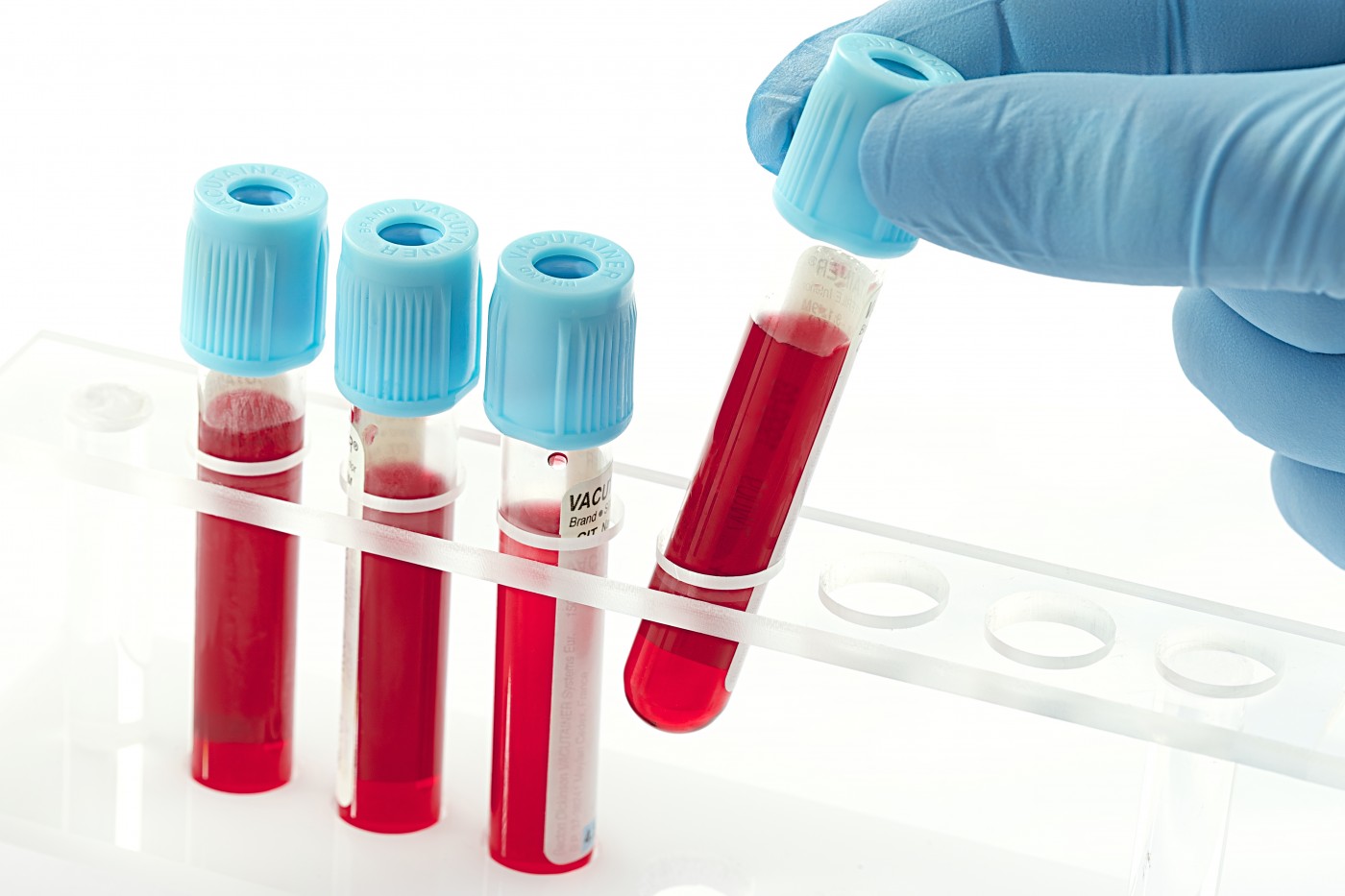The ability to predict who will not respond to certain treatments can help clinicians decide to switch to another therapy, reducing the risk of long-term joint damage for people with RA. This knowledge can also save money that would be wasted on ineffective treatments.
In the future, this kind of information could help develop personalized therapies for each patient.
“In current clinical practice, RA drugs are administered on a trial and error basis; there are no clinical biomarkers of response to guide treatment decisions. While non-responding patients can be switched to alternative therapies at three months, many remain on ineffective therapy for longer periods,” said James Oliver, the first author of one of the studies, and a Ph.D. student at England’s University of Manchester, Centre for Musculoskeletal Research.
Genetic profiling identifies responders to adalimumab
The first study identified a distinctive pattern of changes in gene expression in people with RA who respond to treatment compared to those who do not.
Researchers took blood samples from 70 people with RA and performed gene expression profiling before and three months after treatment with a drug called adalimumab.
They saw that in people who responded to treatment, the gene expression showed a distinct change. However, there was no change in gene expression in the blood of non-responders. The genes that became activated by treatment with adalimumab are involved in immune response and play an important role in the inflammatory response in RA, according to the researchers.
RA patients with specific genetic markers less likely to respond to treatment
The second study identified a specific genetic marker that influences response to treatment in the early stages of RA.
The researchers analyzed the DNA of 329 people with early RA and saw that people who had one version of a certain region in the DNA had a more active disease at the start of treatment compared to those who had a different version. These people were also significantly less likely to respond to treatment.
“Our findings show that a specific genetic marker influences not just disease activity in RA patients, but also response to therapy in the early stages of their disease,” said Dr. Gabriele Di Sante from the Institute of Rheumatology and Related Sciences at Catholic University of the Sacred Heart in Rome, the lead investigator of the study. “This genetic biomarker should be further tested as a possible contributor to personalized therapy in RA.”
RA is a progressive disease where the body’s immune system attacks itself, causing inflammation in the joints. There is increasing evidence that RA is linked to genetic factors. Therefore identifying genetic variations associated with RA can help predict whether patients will respond to certain treatments. The next step will be the development of genetic tests that can be done with a simple blood test to predict RA and help clinicians provide the best possible treatment.


